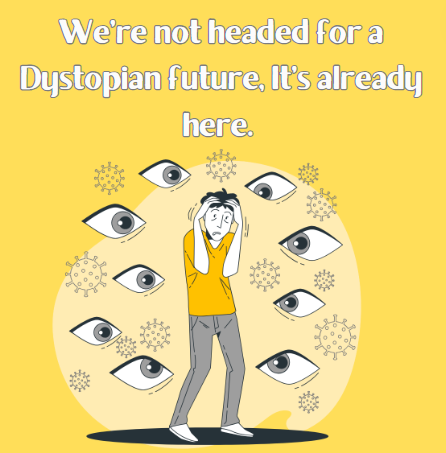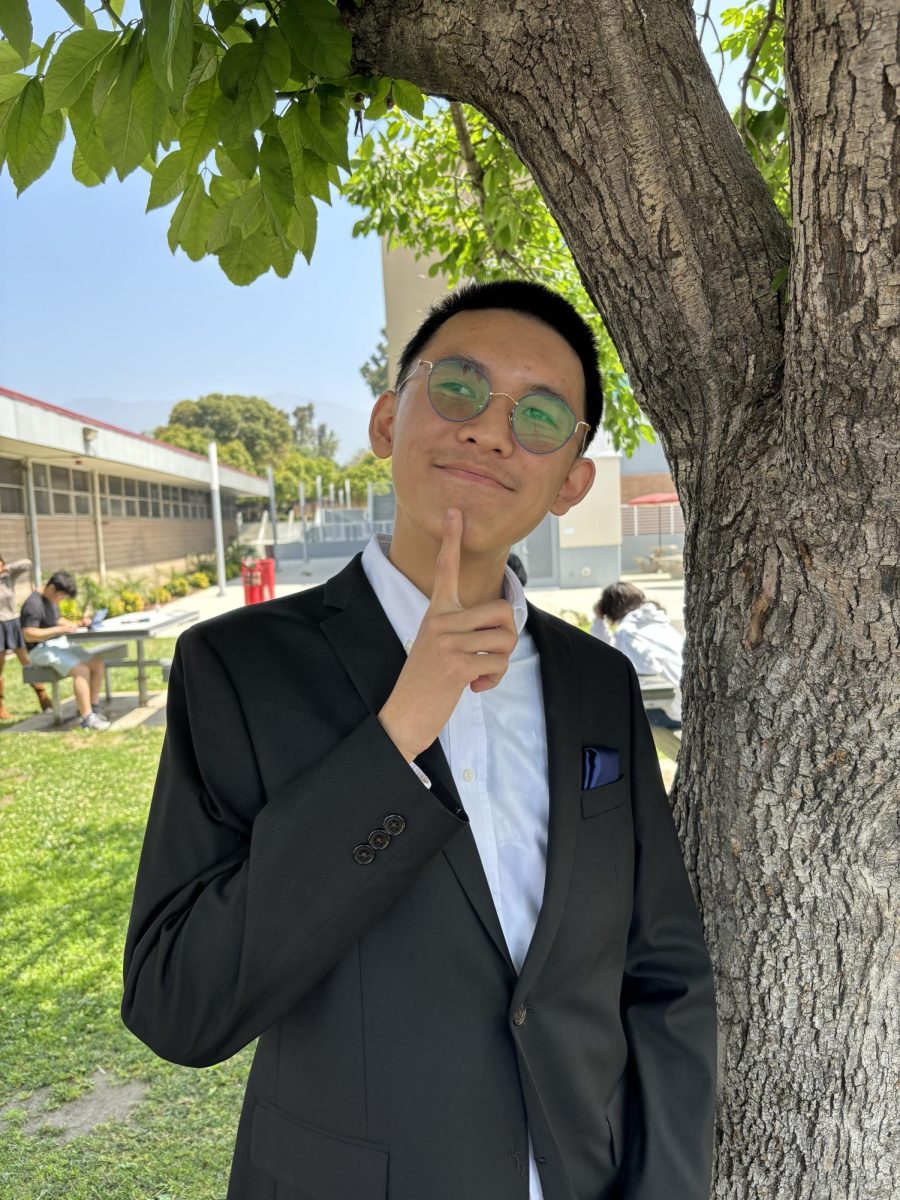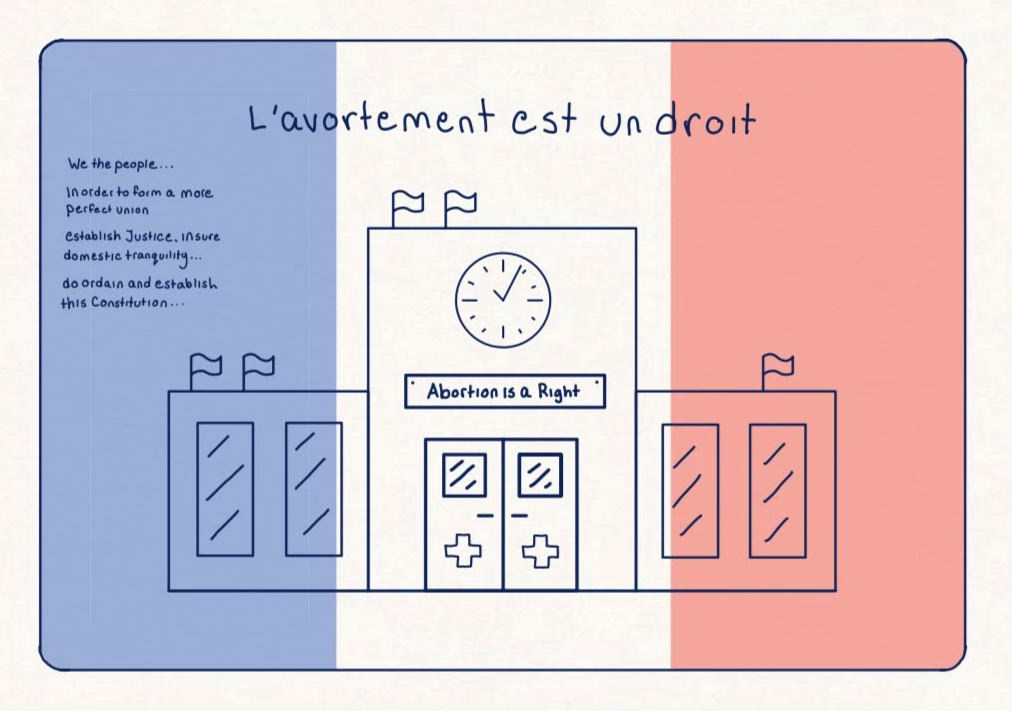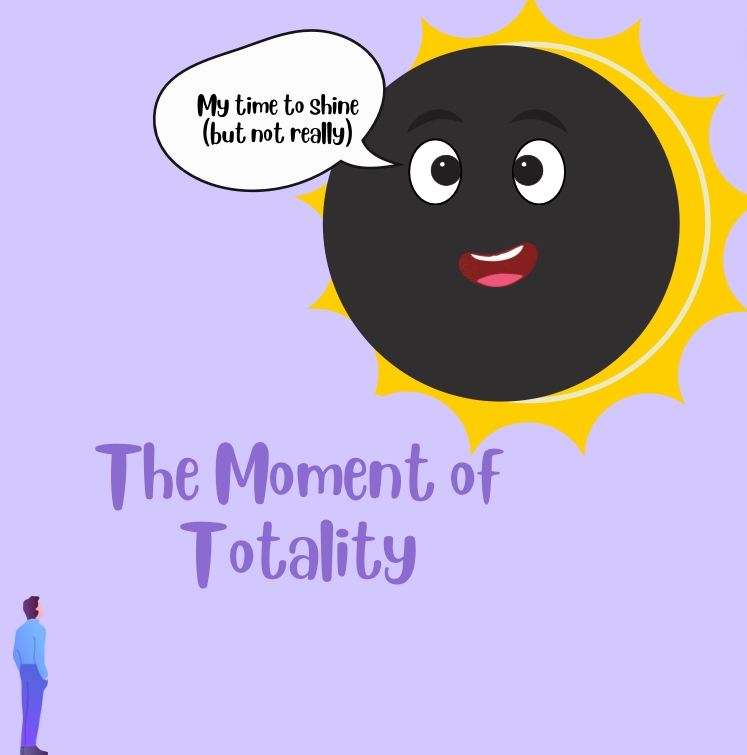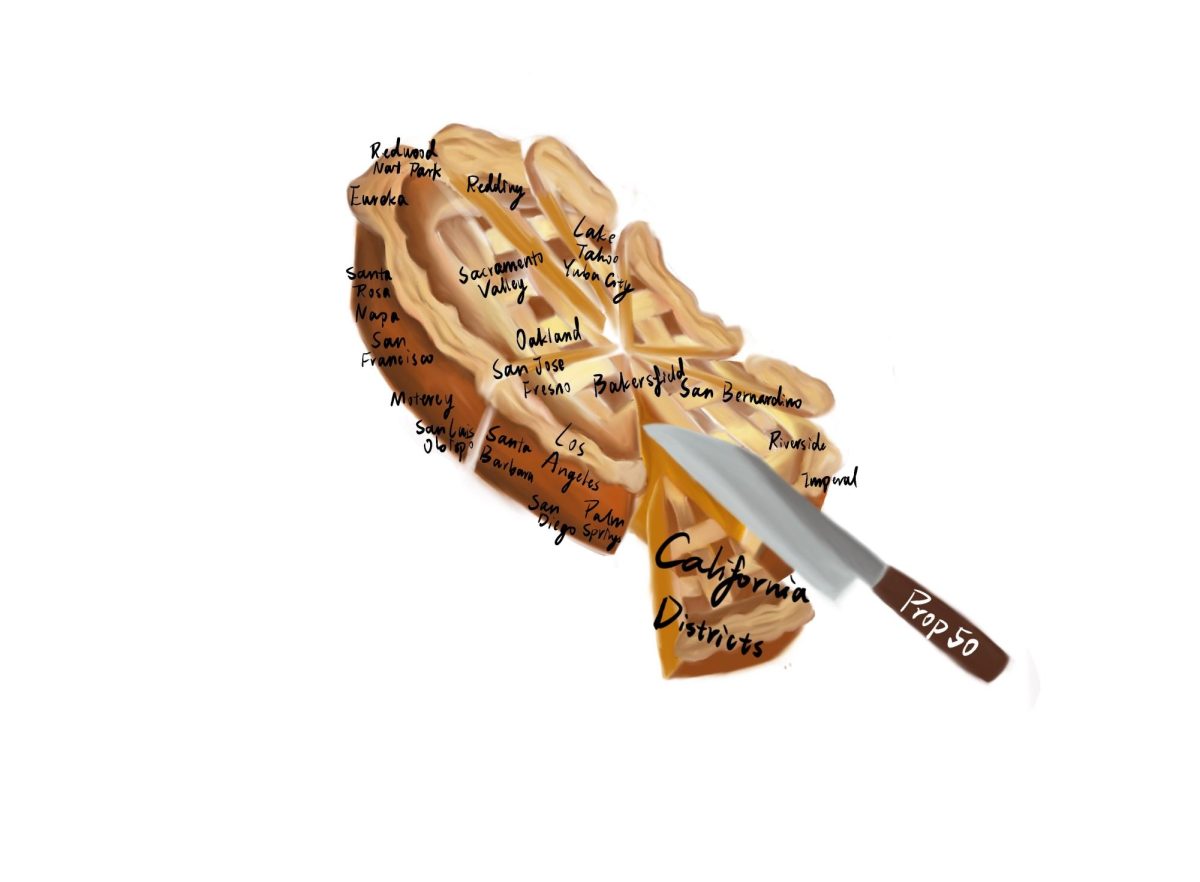As I pressed play to watch “Hunger Games,” little did I expect to spend the next seven hours binge-watching the entire trilogy and developing an unexpected infatuation with Josh Hutcherson, one of the actors. What held my attention for so long was the vivid dystopian backdrop with traditions such as the Reaping, a ritual that selects students to fight to the death for a chance to escape poverty. But as the plot unfolded, I found myself unintentionally drawing parallels between the dystopian setting of “Hunger Games” and our reality. For instance, “The Hunger Games” bore a striking resemblance to the college admissions process. In the series, high school students are pitted against each other to fight for a limited spot in a prestigious academy. The Reaping also resembles the anxious day of opening college decision letters, a mere letter announcing a decision that could alter one’s life.
As far-fetched as it seems, the threat of a dystopian society looms over our heads in the shadows of our present reality. When you zoom out your perspective on our society, it is not too difficult to notice the parallel dystopia factors, such as the new Apple Vision Pro goggles or the political extremism that wreaks global havoc. Once we settle back into the reality of our lives, identifying the parallels becomes much more difficult to recognize. Our pursuit of great advancements has only dug our graves deeper, and this pursuit has evolved into a sort of “greed” that is leeching on us. However, there are more than just examples of “Hunger Games.”
Another dystopian film, “The Thinning,” is set in a future where population control relies on one sole test. Those who pass continue to live, while those who fail face hidden consequences. Despite this seeming like a far-fetched action in the unforeseeable future, we see less intensified, but still extreme, examples of that test in our society, such as the SAT, ACT, and more. While the risks of failing the test are not the same, students feel pressured by these summative tests as their scores could be the tipping point they need to get a higher education.
But besides the academic realm heading down a much darker path, the technological advancements seem more and more twisted beneath the surface. Just recently, Apple came out with Pro Vision goggles that have got the media into a frenzy. While some blindly cheer Apple’s innovative actions, others sensibly criticize it, referring to it as a dystopian mind prison that isolates people from reality. In fact, it was only recently revealed that two years ago, a Tesla factory robot reportedly attacked a worker and left them bleeding. This foreshadows a potential new era where AI robots pose more of a harm and threat than a service to people.
In essence, these fictional narratives only serve as cautionary tales for the dystopian society we are slowly evolving into. Whether it is through our educational system or technological advancements, it is important to realize the urgency to shape our society in a way not defined by naivety or greed for more.



